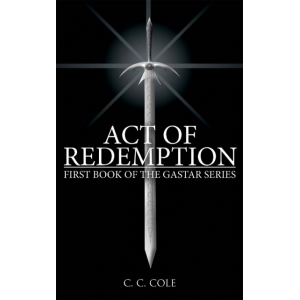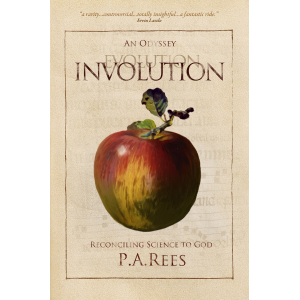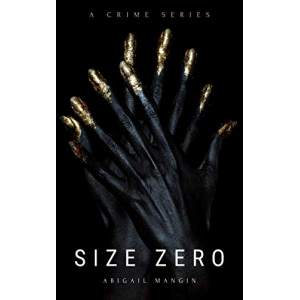- Author
- Book
- Story behind the book
- Media Links
- Reviews

dillan kane
About
Author of Thought-Life of a Suicide,,Have a brother who committed suicide. This is the story of his life and my experiences while working in the mental health field.

The Race for Flugal Farm
Description
<p>The Race for Flugal Farm is the first book in a trilogy that charters the lives and adventures of the inhabitants of the Riding Stables at Flugal Farm.</p><div>Times had been hard for George Flugal and his wife, and this inevitably resulted in him having to sell the majority of the school's horses until he was left its just four: Pogo, Biff, Troy and an ex-racehorse called Chance.</div><div>The horses who along with a young stable hand Rachelle Perkins, a dog named Nugget, a pig called Nigel and an old family friend Uncle Dave, make up the Flugal's extended family.</div><div>When they find themselves facing the possibility of having the farm repossessed by the bank, and bought out by the odious Mr Williams, have to pull together to enter a carriage drive in order to win the prize money and save their way of life.</div>
Story Behind The Book
Media Links
Reviews
<font face="TimesNewRoman"></font> <p align="left">Author Dillan Kane’s book is one of the most incredible books I have read on suicide. His brother</p> <p align="left">killed himself at the age of 16. Like most persons who have experienced this, the author is trying to</p> <p align="left">understand why such a thing could happen.</p> <p align="left">He begins his book with ‘Commonalities of Suicide’ that have helped him try to understand a</p> <p align="left">suicidal person better. He shares the story of his own brother and many others he has worked with</p> <p align="left">that have attempted or completed suicide. When you read this book, it will be just like you were</p> <p align="left">having a conversation with the author. He provides much in-depth knowledge about depression,</p> <p align="left">suicidal thoughts and the healing process.</p> <p align="left">During this conversation with readers, Kane talks about how individuals who feel lost and hopeless</p> <p align="left">can’t work out their problems and often don’t seek the help of others. He also addresses how those</p> <p align="left">who are left behind feel hurt and anger- why didn’t they see what was happening? Many of us have</p> <p align="left">looked back as the author did and realized there were signs, but we couldn’t believe that someone</p> <p align="left">would deal with problems in that way.</p> <p align="left">The last chapter in the book addresses life after death. As the author states, depending on your</p> <p align="left">beliefs and spiritual thoughts, we all have different views on this.</p> <p align="left">“Thoughts: Life of a Suicide” by Dillan Kane is a very moving and thoughtful look at why suicide</p> <p align="left">happens with a lot of great information on signs to look for. As a Psychology instructor for several</p> <p>colleges, this is a book I recommended to my students to read and share with others</p>




